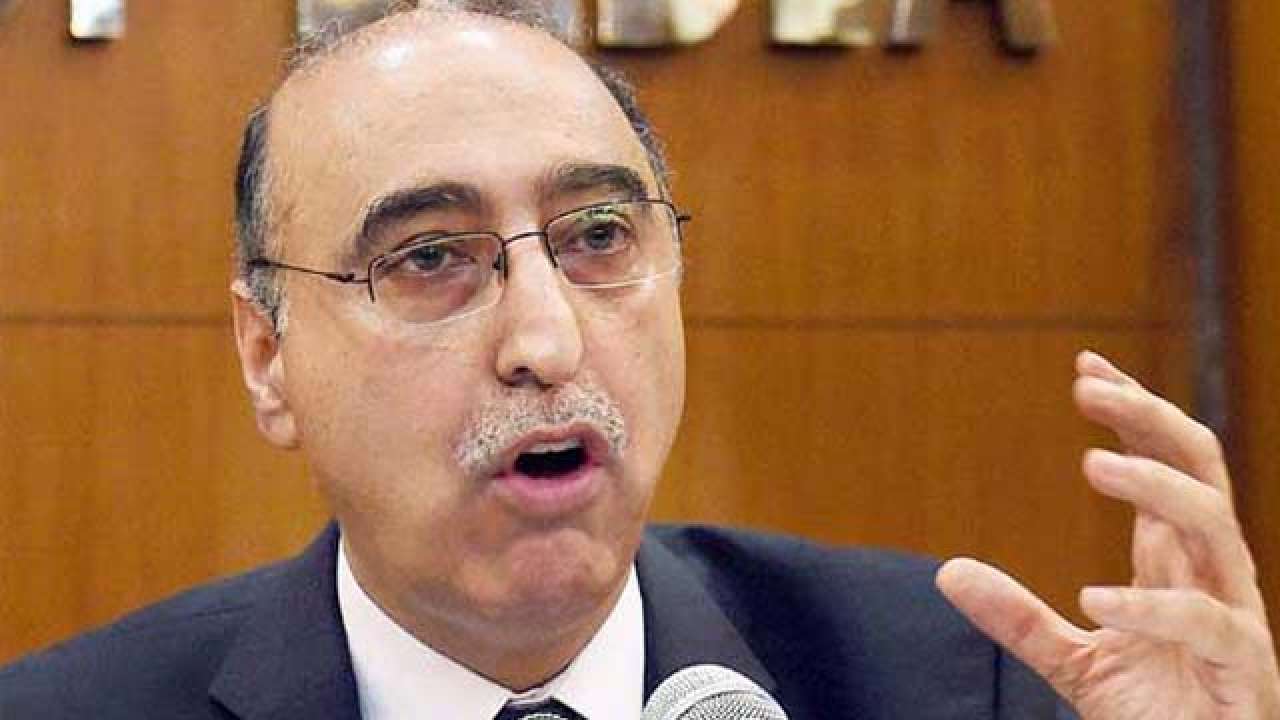
Washing one’s dirty linen in public is always a sordid affair, more so when the person doing the washing is a former high-ranking diplomat. An acute embarrassment hit Pakistan’s diplomatic community as a letter penned by Abdul Basit, Islamabad’s former high commissioner in New Delhi, made it to mainstream news media. Unbecoming of his former position, Basit has deprecated Aizaz Ahmad Chaudhry, Pakistan’s ambassador to the US and former top diplomat, in the strongest and seamiest of terms. “The more I think,” writes Basit in his letter, “the more I am convinced that you have been the worst Foreign Secretary ever.”
Interestingly, the letter was despatched on the day the Pakistani government accepted his request for premature retirement. Obviously, Basit mistakenly (or deliberately?) treated his exit as an invitation to start a no-holds-barred slugfest against his former boss. In the end, nobody won and Pakistan now finds itself with egg on its face. Contrast this with the conduct of the Indian diplomatic establishment, which has risen not just above and beyond the call of duty, but also very impressively in meeting head-on the challenges of the Doklam dispute.
Not only has the Indian diplomatic community proved itself to be the nation’s most reliable buttress, but it has also risen in stature in the eyes of the global community for its show of strength and restraint. It will be nobody’s claim that our diplomacy domain is free of professional jealousy, infighting and strong divergences of ideology and modus operandi. This is par for the course in any service. More so in a space like the foreign services, where the smallest turn of phrase or the slightest aggression in one’s body language can frame history’s tableau, and the pressure and the desire to outdo one another is intense. However, personal ambitions and office politics must not undercut larger national interests. This, essentially, is the difference between the Indian and Pakistani diplomatic community.
For decades now, the conduct of our foreign services has been above board, time and again it has shown itself to be a disciplined force committed to meeting the ends of its government. Bred in the bones of the Indian Foreign Service is an instinct for gritty fortitude and the rather unshakeable learning that a country’s diplomatic front is only as strong as its weakest link. Pakistan has a lot to learn from India in this regard. In his letter, Basit has criticised Chaudhry on the count that he does not have the constitution required for the “delicate profession of diplomacy”. When senior diplomatic officers resort to such fighting, one can very well imagine how dispirited the younger officers must be.